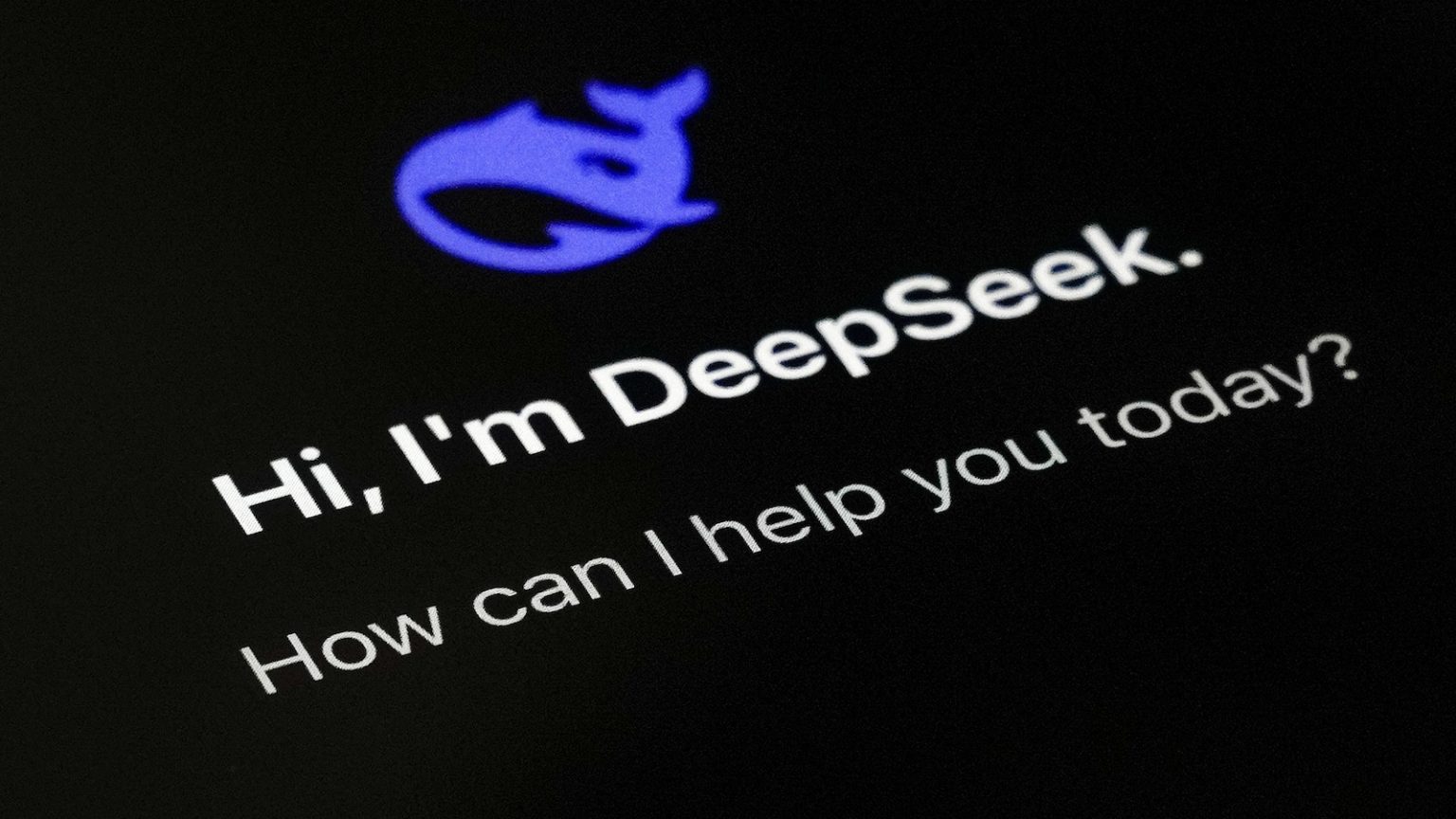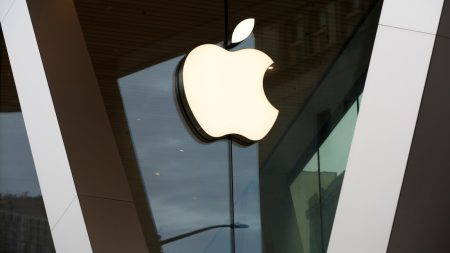Bipartisan Legislation Targets DeepSeek, Highlighting AI Security Concerns
In a significant move to address growing concerns over national security and data privacy, U.S. Representatives Josh Gottheimer (D-N.J.) and Darin LaHood (R-Ill.) introduced the "No DeepSeek on Government Devices Act." This bipartisan bill aims to prohibit federal employees from using DeepSeek, a Chinese AI app, on government-owned devices. The legislators expressed worries about the Chinese government’s potential exploitation of the app for surveillance and spreading misinformation. As Representative Gottheimer emphasized, the risk of the Chinese Communist Party (CCP) compromising national security and collecting American data is too great to ignore.
The Competitive Landscape in AI Sparks Alarm
DeepSeek’s recent advancement in AI, where its model performed competitively with U.S. firms like OpenAI and Meta at a lower cost, has raised alarm bells. This achievement has sparked debates among policymakers and tech leaders about the implications of Chinese AI growth. The concern is not just technological rivalry but the potential dual use of AI for malicious activities, prompting a reevaluation of policies around foreign tech usage.
U.S.-China Tech Tensions Intensify
The U.S. and China are engaged in a broader technological race, with the U.S. imposing tariffs, restricting Huawei, and limiting microchip exports. These actions reflect a strategic effort to maintain leadership in critical sectors. The ongoing competition underscores the high stakes involved, with each side seeking to safeguard its advancements and protect against potential threats.
Bill Details and Implications for Tech Policy
The proposed bill specifically targets DeepSeek and its parent company, High-Flyer, with exceptions for national security and research. This approach allows federal agencies to study the app while mitigating risks. The bill reflects a balanced strategy, aiming to protect data security without stifling innovation. It also opens discussions on broader regulations, as seen in Senator Josh Hawley’s proposal to restrict all Chinese AI technology imports and exports, indicating a growing trend toward cautious engagement with Chinese tech.
Drawing Parallels to Past Policies: The TikTok Precedent
The move against DeepSeek mirrors earlier actions targeting TikTok, which faced similar concerns over data security. While bans on federal devices have been implemented, broader actions are on hold, showing the complexity of addressing such issues. This precedent highlights the challenges policymakers face in balancing national security with the realities of a globalized tech ecosystem.
Conclusion: Navigating the Future of U.S.-China Tech Relations
The introduction of the "No DeepSeek on Government Devices Act" is a pivotal moment in U.S.-China relations, emphasizing the need for vigilance in tech security. As both countries vie for technological dominance, the bill underscores the importance of proactive measures to protect sensitive data and maintain leadership. Whether through targeted bans or broader restrictions, the challenge lies in fostering innovation while safeguarding national interests. The outcome of such legislative efforts will significantly shape the future of global technology competition and data security practices.















